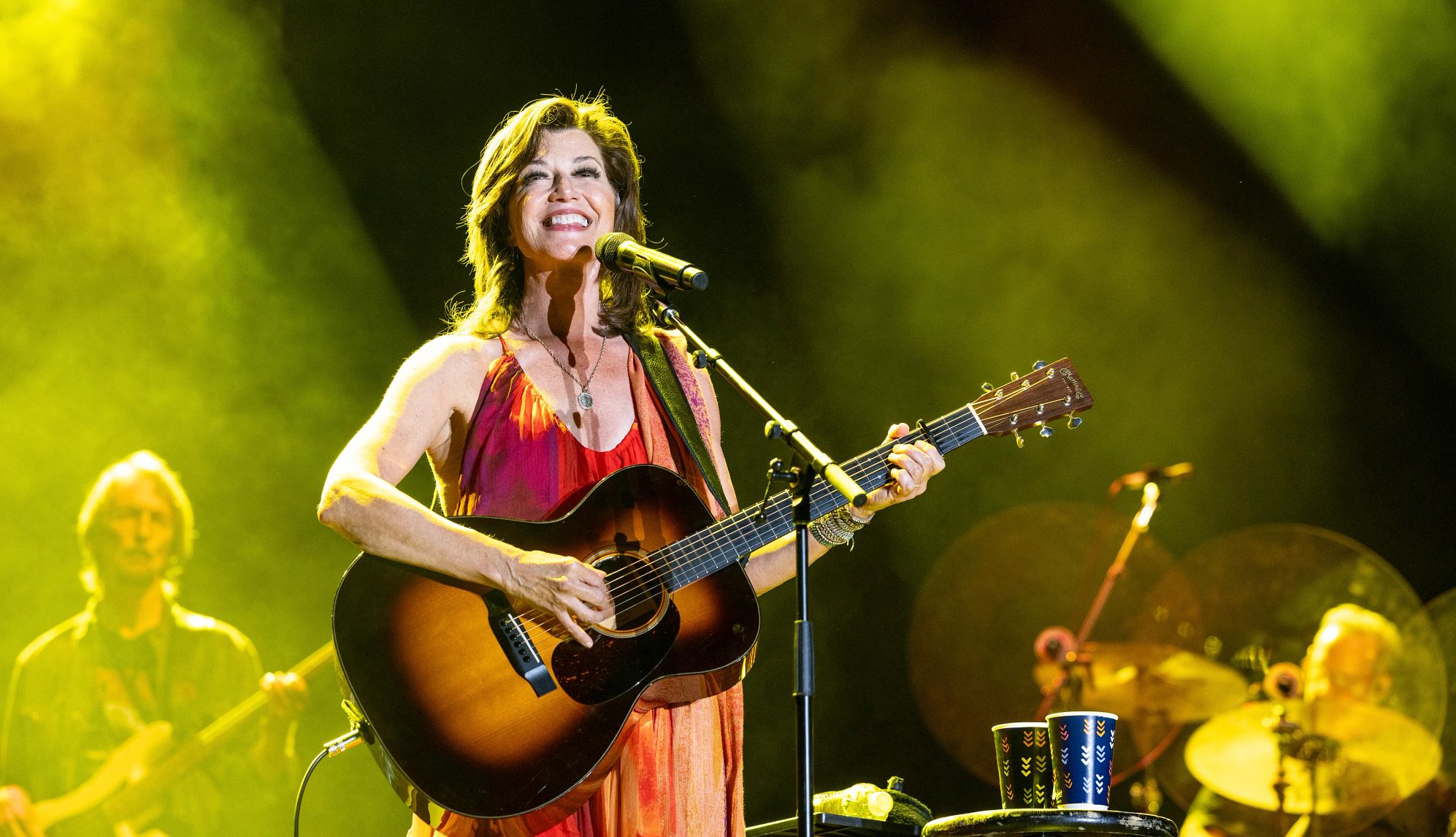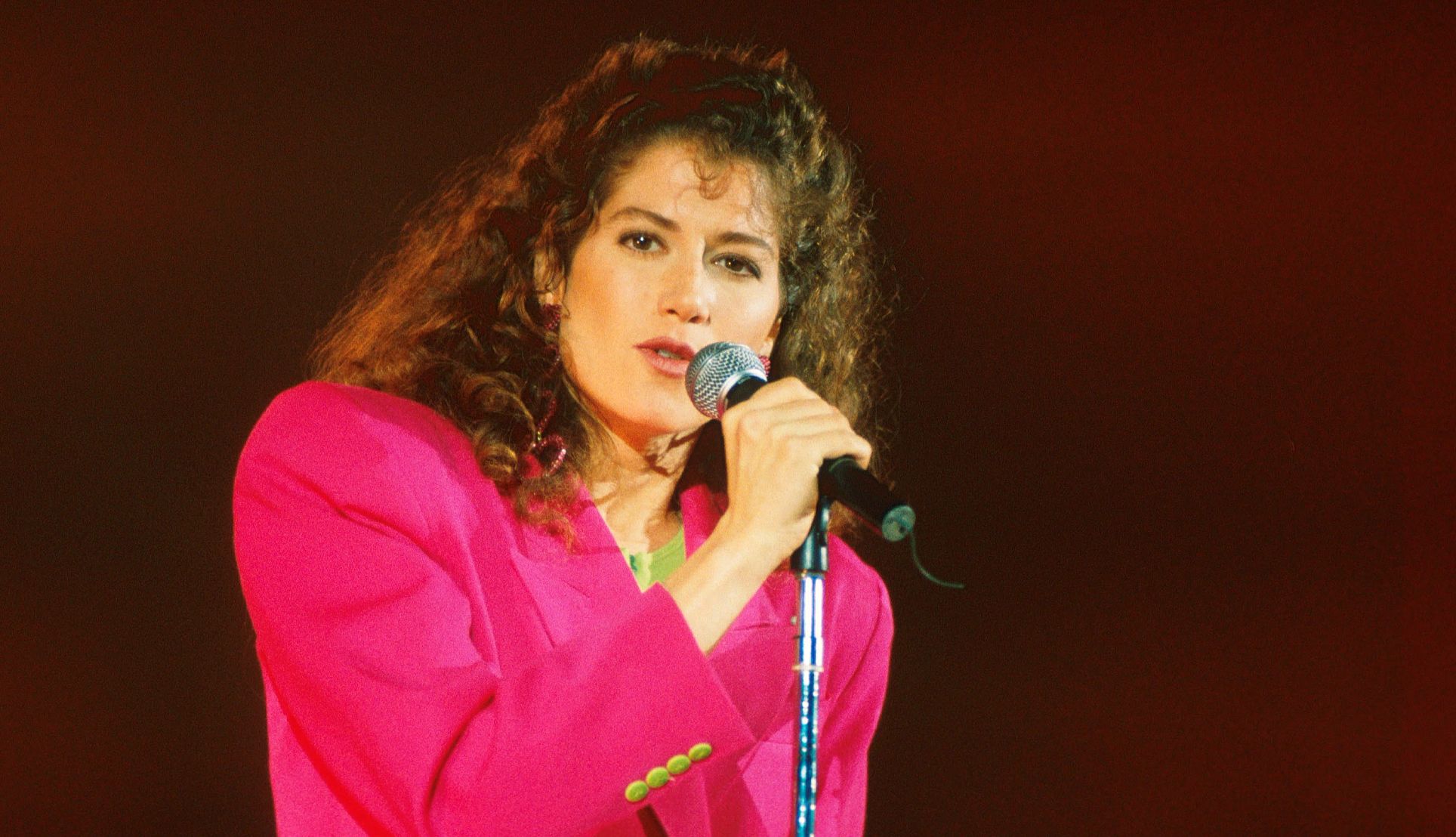AARP Hearing Center


Singer-songwriter Amy Grant, 63, began her career in the ’70s as a Christian artist, crossed over into contemporary pop music in the mid-’80s and continued to perform throughout the ’90s and 2000s. In 2022, she suffered a traumatic brain injury during a biking accident near her home in Nashville, Tennessee. AARP caught up with Grant, now back touring and recording, to hear about her healing journey, her philanthropic endeavors and how she works to stay hopeful.
After your brain injury you had to relearn the words to your songs. How are you coping?
I’ve had to be very patient with myself. I have had a lot of good, hard cries. And I went through depression. But everybody is recovering from something. That’s life. If nothing else, we recover every day from the shock of what it means to age. My memory used to be my superpower. Now I can’t trust my memory. But there are hidden gifts in everything.
What advice do you have for people whose lives are upended in a heartbeat?
Our mindsets, the stories we tell ourselves, become our realities. Find the tool kits that you need to move forward.
You’ve talked about how the healing process gave you time to reflect on some larger societal issues — and your own personal journey.
For one month after my bike accident, I didn’t leave my house. I couldn’t be on the phone or see any screens. And I read The Choice: Embrace the Possible by Edith Eva Eger. She was born in Hungary, and she became an Olympic gymnast. She was eventually sent to Auschwitz. That book most affected my recovery. And I found The Book of Forgiving: The Fourfold Path for Healing Ourselves and Our World by Desmond Tutu and his daughter Mpho Tutu. It’s about how apartheid devastated so many families and how they processed the act of forgiving. Sometimes the person you have to forgive the most is yourself.
During the COVID-19 pandemic, you had open-heart surgery to correct a birth defect. Then following the accident, shoulder surgery and an operation to remove a cyst from your throat. How does it all change your view?
I’m so glad I’m here! But I have to be more intentional about my health. I now drink nonalcoholic beer, for example. I discovered swimming in 2021 and joined the YMCA because I travel a lot and there is a YMCA in most towns. I’m not back to riding a bike yet, because I still have some balance issues. But I’m working on it.






































































You Might Also Like
Jewel Is Living Life on Her Own Terms
Singer makes art, sets boundaries as she prepares for tourJohn Tesh Finds Purpose After Cancer Battle
Musician is busy performing, composing and teachingSarah McLachlan: ‘I Feel Revitalized. I Feel Like I Still Have a Lot to Say.’
Grammy-winning singer-songwriter embarks on North American tour, is working on new albumRecommended for You